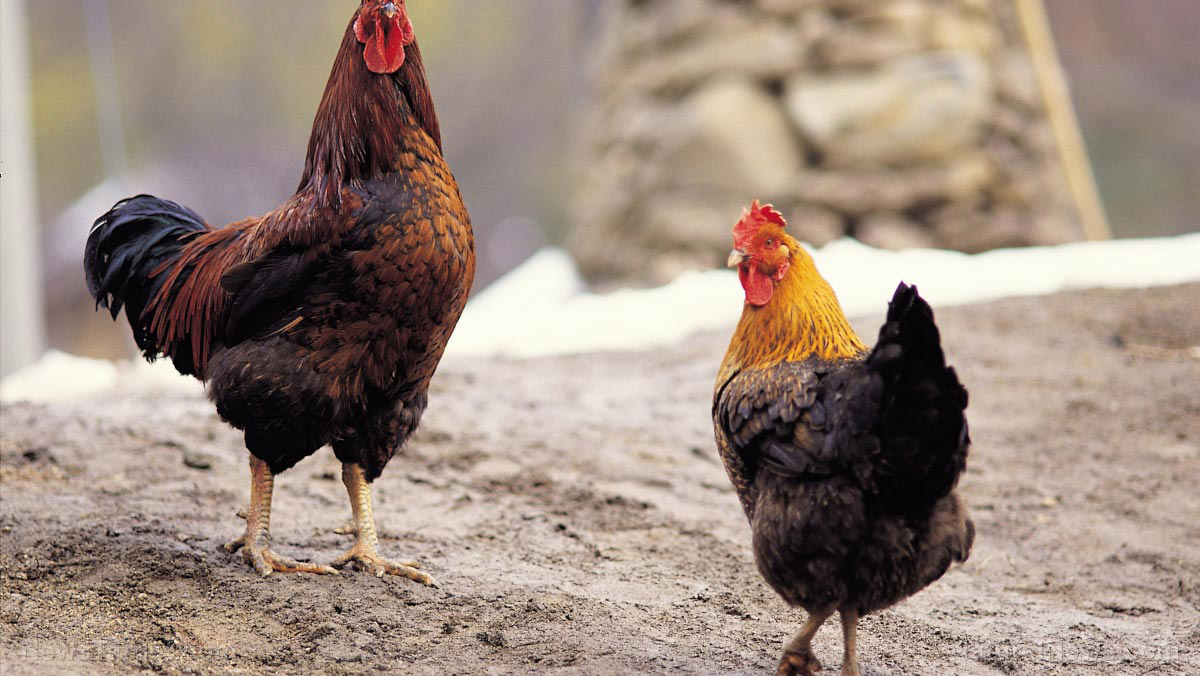
Researchers from the University of Utah, the University of Massachusetts, Amherst (UMass Amherst) and Colorado State University examined fossil records of mammal communities dating back as far as seven million years. They found that there was a much greater diversity of mammalian megaherbivores back then.
These giant mammals, those species weighing over 2,000 pounds such as elephants, are considered “ecosystem engineers” that shaped the environment in ways that affected several species.
“[This] implies that the vast majority of early human evolution transpired in the context of ecosystems that functioned unlike any known today,” wrote the researchers.
Diverse species of herbivores in ancient Africa
The earliest humans – ape-like creatures that began to walk habitually on two legs – emerged between five million and seven million years ago in Africa. Modern humans, the Homo sapiens, wouldn’t appear until around 130,000 years ago. Important ecosystem changes, the study suggested, took place between the emergence of early and modern humans.
The researchers analyzed a dataset of more than 200 present-day African mammal communities and more than 100 fossil communities in eastern Africa. They found that ancient ecosystems supported diverse species of large herbivores and non-ruminants – herbivores equipped with a simple stomach.

Non-ruminants reduced the frequency of wildfires as they consumed more plants to make up for their inefficient digestion. This likely had significant effects on the environment as fires, according to co-author John Rowan of the (UMass Amherst), fundamentally alter ecosystems from the ground up. For instance, they contribute to the transformation of land into grasslands.
But around one million years ago, non-ruminants started declining, catalyzed by long-term grassland expansion combined with arid climate pulses. Only a few of them survived, including elephants, zebras, hippos and rhinos.
Populations of large herbivores also started decreasing around 4.5 million years ago. The fossil records indicated that these megafauna species were more abundant in ancient herbivore communities prior to that time. By around 700,000 years ago, the distribution of large herbivores started looking more like it does today.
Taken together, these findings have important implications for the study of ancient ecosystems.
“If we continue to reconstruct ancient environments on the basis of modern African ecosystems we are likely missing an entire realm of possibilities in how past ecosystems functioned,” said lead author Tyler Faith, the curator of archaeology at the Natural History Museum of Utah.
Large herbivores maintained open landscapes
Previous studies have already shown that the extinction of large herbivores played a crucial role in changing the environment.
One study, published in the Proceedings of the National Academy of Sciences, found that the extinction of several megafauna species during the late Pleistocene epoch likely altered landscapes across the globe.
Researchers performed experiments that simulated what happens when animals such as moose and deer were deprived of grazing on young trees. They found that woody plants thrived in the absence of these grazers.
This indicated that large herbivores, such as woolly mammoths, mastodons and giant ground sloths, played an important role in maintaining open landscapes. But when they disappeared, dense woody vegetation flourished and became much more abundant. (Related: Report: Two-fifths of all plant species face extinction.)
Pollen records also suggested that woody plants increased in once-open landscapes during the epoch, which ended with the extinction of many megafauna species.
“Large herbivores are not merely victims of the circumstances they live in,” said lead author Elisabeth Bakker of the Netherlands Institute of Ecology, “but actively engineer their environment.”
Read more articles exploring ecosystems changes at Ecology.news.
Sources include:
Please contact us for more information.






















